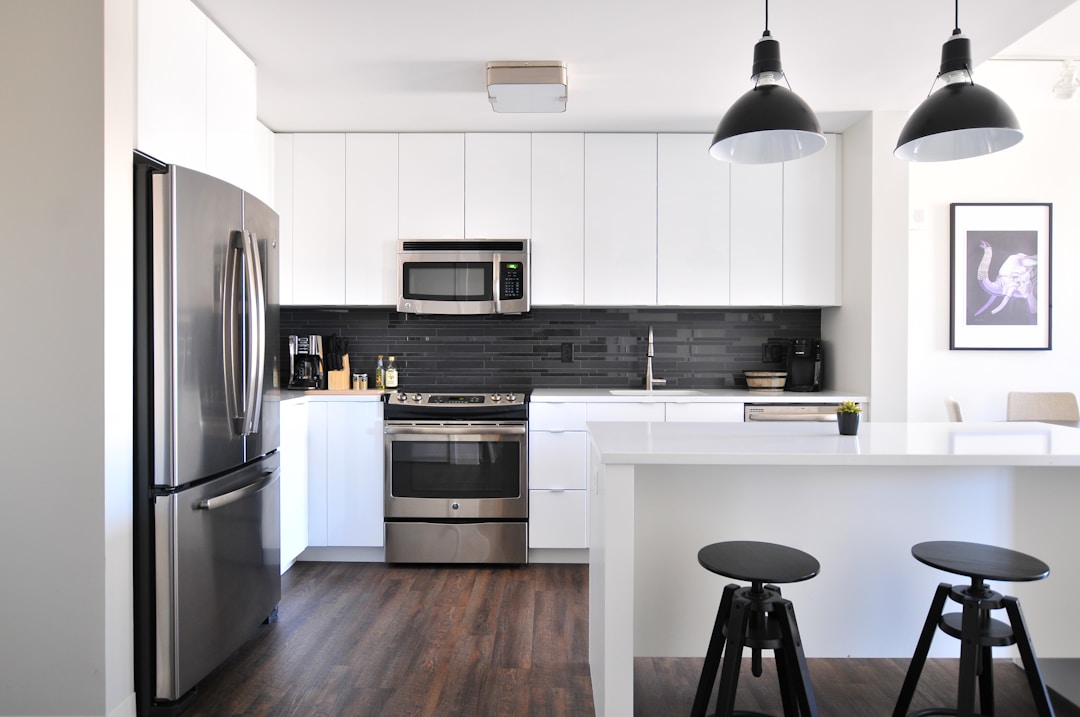If 2020 taught us one thing, it’s that creating a healthy and happy home environment should be high on everyone’s priority list. If you’re considering home upgrades or a renovation, it can be overwhelming to know where to get started or how much money to expect to spend. The reality is that home improvement can be minor, or it can involve a complete overhaul of your home, and there’s plenty that you can do without breaking the bank in just about every price bracket. As long as you’re factoring in comfort, style, and the future of your home’s equity, you’re starting off in the right place. Read on to find out more about how you can renovate and level up your living space.
What kind of home renovations do I need?

What you should prioritize when considering home improvements depends entirely on your needs and your budget. Another thing that’s important to keep in mind is how your upgrades will affect your home’s equity and what type of return on investment you can expect. While there are some improvements that are worth it for the quality-of-life value they bring, you should always be aware of how a project will impact the future value of your home. Small-scale bathroom remodels tend to pay off in the long run, as do landscaping projects and other exterior improvements like new vinyl siding and a fresh paint job.
Investments in appliances and technology can be valuable too, especially as eco-friendly homes become more popular with buyers. Improvements like solar panels and smart technology are becoming must-haves for many homeowners. Smart technology like, for example, a smart HVAC system with automation and a timer, can save you money on your energy bills too. By allowing you to turn your heating or cooling system off when you’re not home or not using it, you’ll ensure you only consume the amount of energy you absolutely need.
Kitchen remodels are also a good idea, as long as you keep them targeted and minimal. A complete kitchen overhaul often has a poor return on investment, but more modest changes can make a big difference. Look for businesses like KitchenDistributors.com that can help you transform your kitchen without breaking the bank. Design professionals can often be a huge help when it comes to figuring out how to change the look of your space without a complete overhaul.
How do I finance a home renovation?

The first, and most important, part of any major home project is deciding on a budget. Think carefully about what you can afford, and talk to a financial planner if you’re unsure how much you can afford to invest. You’ll also need to have a conversation about how you intend to finance your home improvement projects. What the best option is as far as financing can vary depending on your individual financial situation, what assets you have, and what home upgrades you’re planning to spend money on.
Prior to investing in homeownership or home improvement, it’s always a good idea to put yourself in a more fiscally healthy position, especially by focusing on debt consolidation. Pay off debts with lower interest rates last, and start by taking on high-interest credit card debt. Once you’ve reduced your debt to income ratio by managing your credit cards, student loans, and other sources of borrowed money, you’ll be on more stable ground to invest in a home.
Saving up to pay in cash is always the simplest option, and there are plenty of options for homeowners who don’t have the cash on hand. You can set up a home equity line of credit to use for home renovations. If you’re unfamiliar, a home equity line of credit is a type of home loan that uses the equity in your home as collateral. This is another reason why it’s smart to make the largest down payment you’re able to when you purchase a home; there are material benefits to having as much equity in your home as you can. If you’re concerned about using borrowed money to work on your house, don’t be. Investing in home renovation is considered one of the best ways to use a home loan.
The world of home renovation is vast and encompasses everything from applying a fresh coat of paint to a complete home makeover, and it can be difficult to know what the difference is between things you want and things you need when you’re making a plan to do work on your home. If you find yourself confused about how to budget or value a particular project, don’t hesitate to reach out to a contractor for a quote and some advice. With some patience, planning, and persistence, you’ll be living in your dream home sooner than you might think.




